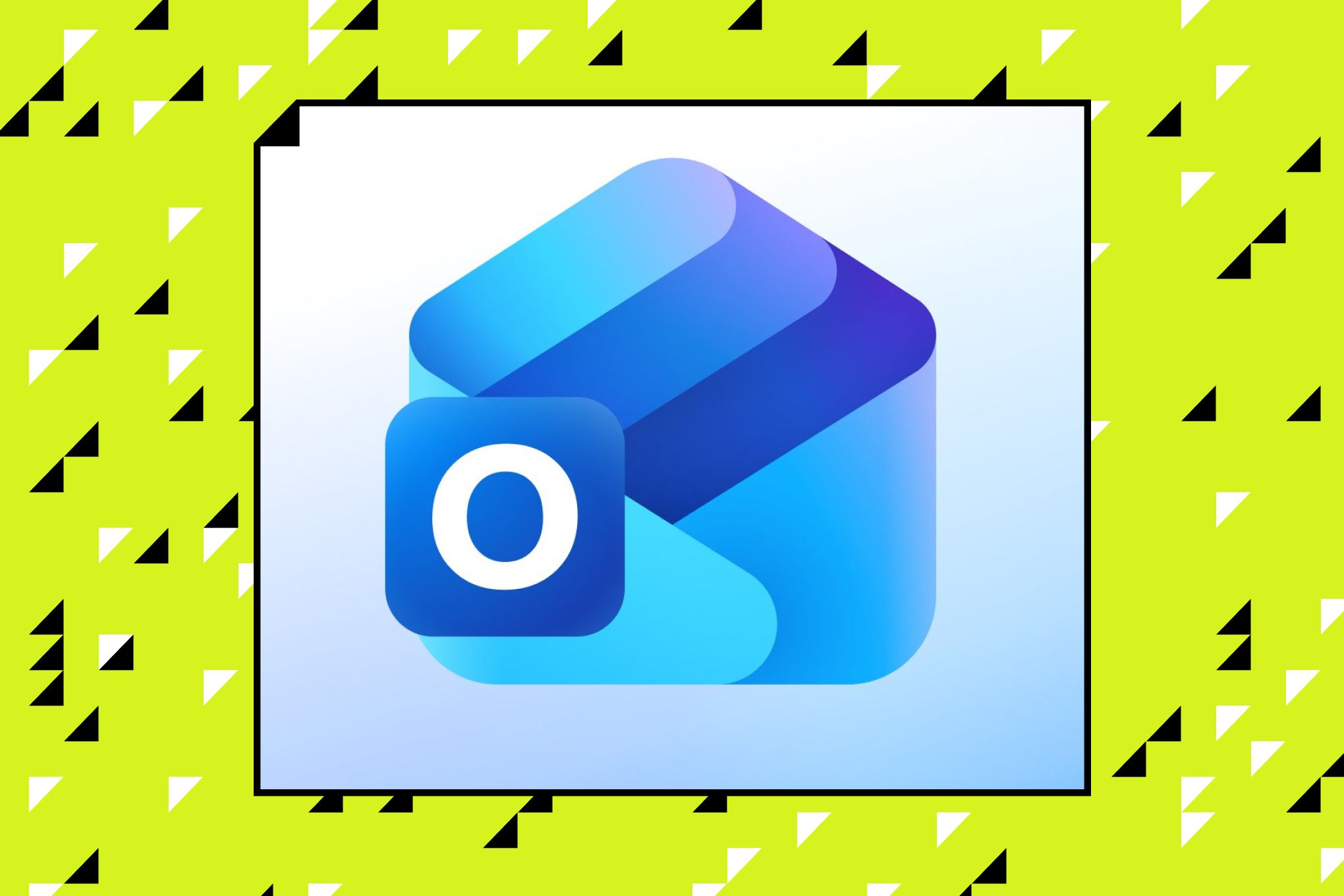Microsoft just reshuffled its Outlook team under new leadership with a bold mission: tear down the email client and rebuild it from the ground up for the AI era. Corporate VP Gaurav Sareen is now leading the charge to transform Outlook into what he calls a "body double" that reads messages, drafts replies, and manages your entire workday autonomously.
Microsoft is betting its most critical business tool on an AI transformation that could either revolutionize workplace productivity or alienate millions of enterprise customers who depend on Outlook daily. The company quietly reorganized its Outlook team under Gaurav Sareen, corporate vice president of global experiences and platform, who's now promising to rebuild the email client "from the ground up" for the AI era.
"Instead of bolting AI onto legacy experiences, we have the chance to reimagine Outlook from the ground up," Sareen writes in an internal memo obtained by The Verge's Notepad newsletter. The executive is taking over from Lynn Ayres, who's on sabbatical, at a time when Microsoft's email strategy faces mounting pressure from both technical challenges and market competition.
Sareen's vision sounds ambitious and vague in equal measure. He wants Outlook to become your "body double" - an AI partner that doesn't just handle email but acts as a comprehensive work assistant. "Think of Outlook as your body double, there for you, so work feels less overwhelming and more doable because you are not facing it alone," he explains in the memo. "With Copilot, this body double becomes even more powerful. Copilot turns Outlook from a set of tools into a partner that acts."
The transformation will require fundamental changes to how Microsoft builds and ships Outlook. Sareen is demanding weekly feature experiments instead of quarterly releases, with teams "prototyping and testing in days, not months." It's a pace that reflects the urgency Microsoft feels as AI reshapes workplace software and competitors like Google continue gaining enterprise market share.
But this AI overhaul comes at a precarious moment for Outlook. Microsoft has been struggling for years with its "One Outlook" project - a web-based client meant to replace the Windows, Mac, and web versions with a unified experience. The transition has been rocky, with the new client still lacking feature parity with desktop versions that millions of business users rely on daily.
Now Sareen wants his team to find "courage" to "let go of old ways of working" while simultaneously overhauling an email client that executives worldwide depend on for their calendars and communication. It's a high-wire act that could backfire if AI features disrupt workflows or create reliability issues for Microsoft's most important enterprise customers.


